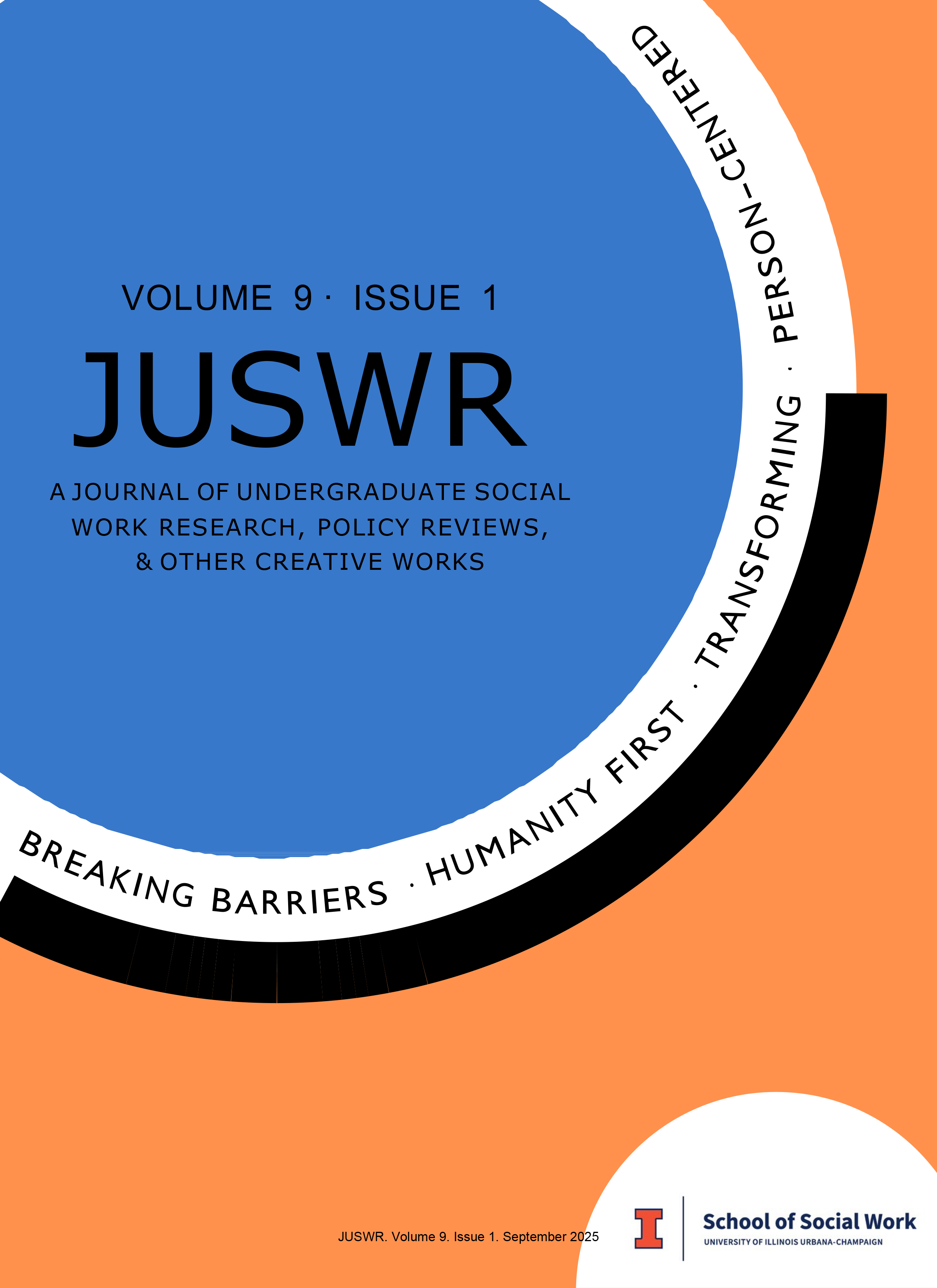Poor Decision-Making or Cognitive Overload? Exploring Cognitive Load as a Mediating Factor Between Poverty and Child Maltreatment
Main Article Content
Abstract
A complex relationship exists between poverty and child maltreatment, but the role cognitive load plays in this is often overlooked and misattributed to poor parenting and decision-making skills. Moreover, while current research has identified relationships between poverty, maltreatment, cognitive load, and stress, it has yet to explore this with an intersectional lens. This study addresses this gap by exploring cognitive load as a mediating factor between poverty and child maltreatment. Research lacks a universal measurement of cognitive load, but related factors including impulsivity, stress, and allostatic load can be used. These factors were measured using quantitative and qualitative data from families participating in the Empower Parenting with Resources (EmPwR) study, which examines the impact of unconditional cash gifts on families receiving intact services throughout Illinois. Arguably, the cognitive load experienced by families living in poverty affects their parenting practices, contributing to the risk of maltreatment. Thus, it is hypothesized that families who receive cash gifts will experience a decrease in cognitive load, subsequently decreasing child maltreatment. This study highlights how reducing cognitive load can enhance a family’s well-being and decision-making capacity, providing crucial insight into policy and program development.

